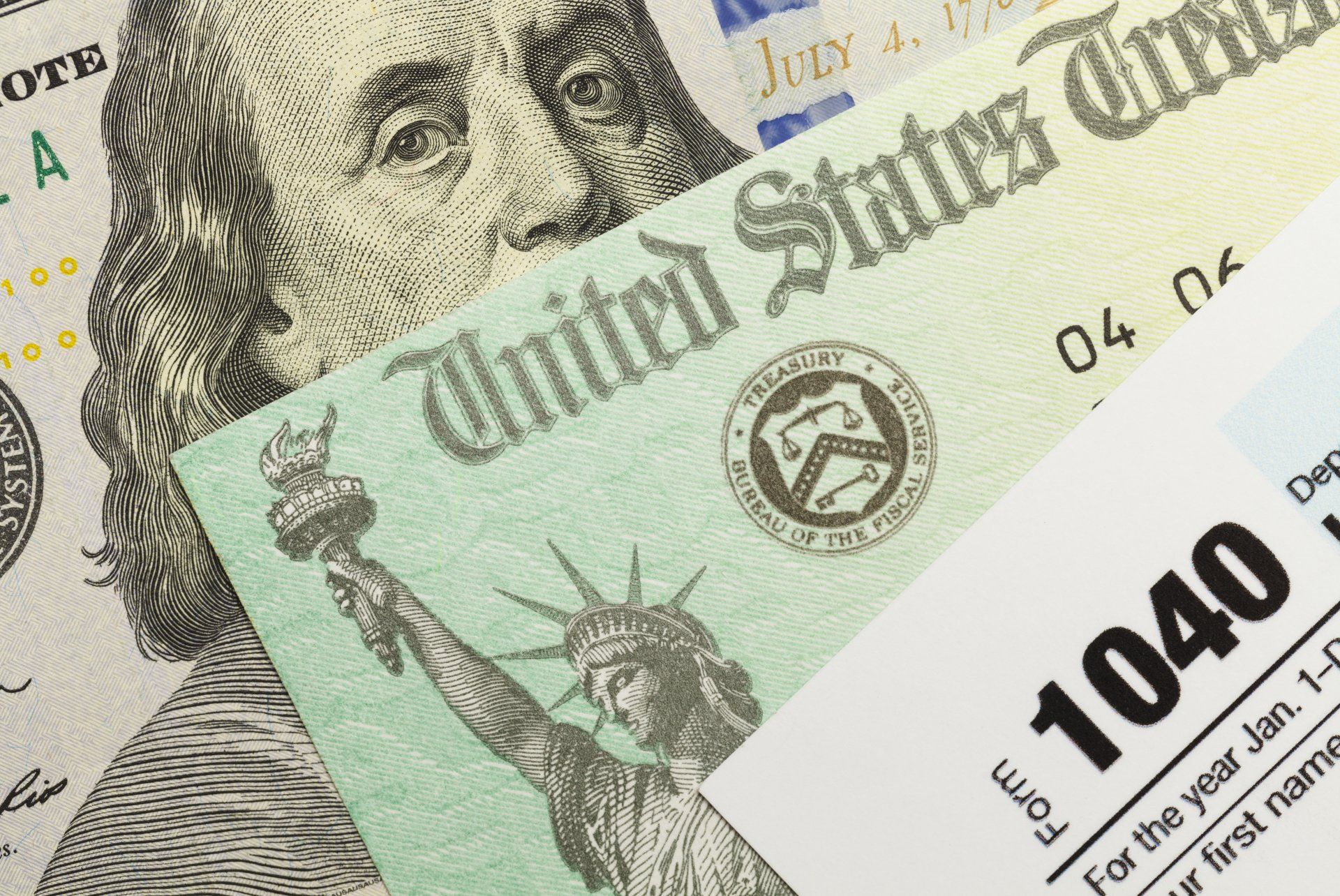Rental Income and UBTI – A Look at the IRS’ Guidance to Its Auditors

Tax-exempt organizations (also known as 501(c)(3) organizations) can have Unrelated Business Taxable Income (UBTI) when the organization has revenue streams outside of its direct charitable purpose. Generally speaking, rents from real property are excluded from UBTI. Real property is land and any buildings or other structures permanently attached to land. However, there are several situations in which the exclusion does not apply, including:
- Rent, if the rental of facilities includes the provision of services. Rental payments for the use of rooms or space where services are also rendered to the occupants does not constitute rent from real property. Services are considered rendered to occupants if they are primarily for their convenience (e.g., maid service) and are other than those usually or customarily rendered in connection with the rental of space for occupancy only (e.g., heat, light, cleaning of public areas, trash collection).
- Rent from “net profits” leases. Where the rental income is based on a percentage of the lessee’s sales or profits, the rental income will not qualify for exclusion.
- Rent from “mixed leases.” A lease where more than 50% of the total rent is attributable to personal property will not be excluded from UBTI.
- Unrelated income from debt-financed property. Rent from property acquired with acquisition indebtedness is generally partially included in UBTI unless substantially all of the use of the property is substantially related to exempt purposes.
- Rent received from a controlled entity. Rent received from a controlled entity is includible in unrelated business income to the extent it reduces the net unrelated income of the controlled entity.
- Rents received by certain organizations. Rents received by organizations described in Code Sec. 501(c)(7) (e.g., social clubs), Code Sec. 501(c)(9) (volunteer employees’ beneficiary associations), and Code Sec. 501(c)(17) (supplemental unemployment benefit plans) are subject to special UBIT rules under Code Sec. 512(a)(13).
In a form of internal guidance called an Issue Snapshot, IRS has instructed its auditors as to steps to take regarding the rules under which rental income from real property received by an exempt organization is not excluded from unrelated taxable business income (UBTI). The IRS instructs its auditors to consider the following in determining whether rents paid to an exempt organization qualify for exclusion, or whether one of the above exceptions applies.
- Whether the return indicated rental income and a mortgage;
- Whether, upon touring the facilities, there were indications of areas or buildings being rented out. Also, auditors should identify which areas or buildings are debt-financed;
- Whether the taxpayer provided documentation such as a rent/lease agreement showing the income was from real property;
- Whether documents provided by the organization, such as a mortgage agreement, show if the real property that the organization received income from is debt financed; and
- Whether the taxpayer provided documents, such as a service agreement, showing whether services were provided for the rental income received.
While not definitive, being aware of the issues that the IRS focuses on can help an organization determine if it has exposure and, if so, how much is at risk. It may be possible to take steps to reduce the risk exposure.










